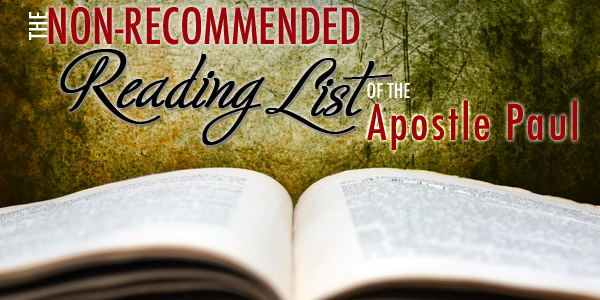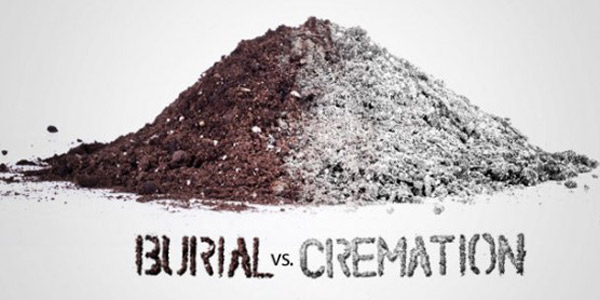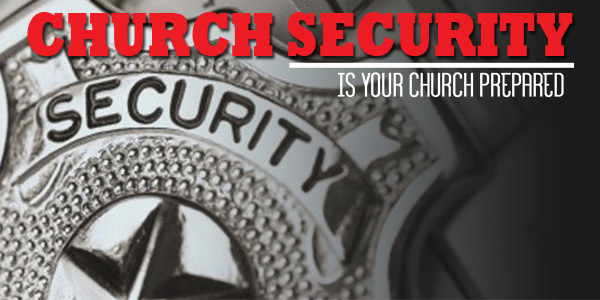1 Timothy 4:3, “Till I come, give attendance to reading, to exhortation, to doctrine.”
We find ourselves living in a day and hour that sadly tears down “BEWARE” signs and slyly throws down “WELCOME” mats in front of the bound volumes that will take Christians and even churches 1,000 miles from the “Faith of our Fathers.” In 1 Timothy 4:13, the older Paul tells the younger Timothy, “give attendance to reading!” Before he puts down the pen of inspiration, Paul puts up the divine borders of this truth, “To exhortation, to doctrine.” These barriers keep those “broad-minded” clergy from saying that the Apostle of the Church was signing on to their rebellion in reading anybody or anything (Psalm 1:1). The word “attendance” in the Greek language means: Frequently or often. It is used four different times in the Bible (1 Kings 10:5, 2 Chronicles 9:4, 1 Timothy 4:13 and Hebrews 7:13). Never is it used without perimeters or precautions attached to it.
Please read slowly and carefully the next sentence. The Apostle Paul never pointed preachers or people to the religious dumpster and said, “Go ahead and eat out of here!” I have often said, “Here is my recommended reading list: for church growth, Acts; for Contemporary Theology, Jude; for Ministry Philosophy, 1 & 2 Timothy; and for refreshment, Psalms.
Dr. R. G. Lee said, “The reason that I don’t read some books is because I don’t want to swim through 500 yards of sewage to get a teaspoonful of truth.” An old Bible student now in Heaven once said, “The world is full of books; no small portion of which is either worthless or decidedly hurtful in their tendency.” Dr. Curtis Hutson said, “Who you will become one year from now will largely be determined by the books you read and the people you meet.”
In our 35 years in the ministry, I’ve watched more preachers than I can even count leave Fundamentalism because of rotten books, which caused them to backslide from their own personal office. I’ve also seen good church members leave a thriving church simply because a bad author was referred to them. Never forget that while rat poison comes in bottles, spiritual rat poison is often carried by books.
Friend, we need to discover which books are listed on the non-recommended reading list of Brother Paul! There are three types of bound volumes that make it to the Apostle Paul’s non-authorized reading list.
1. A book with a different message.
A type of volume that makes the non-recommended reading list of the Apostle Paul is a book with a different message. (Romans 16:17) It doesn’t take a nuclear physicist to understand that anything that comes from the pen or a publishing house that promotes false doctrine or gives a pass to those who propagate erroneous teaching should have a stamp put on them which reads, “AVOID THEM!” An excellent place to begin contending for the faith, preacher, is on your study bookshelves. Dump, delete, and discard all those who add to salvation and all those who subtract from sanctification, from your desk, kindle and even your home coffee table.
 I have sadly seen first-hand as young preachers in and out of Bible colleges have been told to read after 100% apostates, and in less than 12 months those same young preachers mock public invitations, model the world (by their attire and attitude) and minimize the fundamentals of the faith. That spiritual shipwreck started when some preacher, often very well known, pointed them to books that shouldn’t even be used as a coffee coaster, let alone counted as reputable. Personally, I believe, those men who write books or even recommend books that take others from the “ancient landmarks” will face this screaming sin at the judgment seat of Christ (2 John 8).
I have sadly seen first-hand as young preachers in and out of Bible colleges have been told to read after 100% apostates, and in less than 12 months those same young preachers mock public invitations, model the world (by their attire and attitude) and minimize the fundamentals of the faith. That spiritual shipwreck started when some preacher, often very well known, pointed them to books that shouldn’t even be used as a coffee coaster, let alone counted as reputable. Personally, I believe, those men who write books or even recommend books that take others from the “ancient landmarks” will face this screaming sin at the judgment seat of Christ (2 John 8).
On the non-recommended reading list of the Apostle Paul is a book with a different message!
2. A book with a different mentor.
A type of volume that makes the non-recommended reading list of the Apostle Paul is a book with a different mentor. (Philippians 3:17) The problem with the wrong advisor is best seen by this astronomical axiom: The stream is always polluted when the headwaters are poisoned. (1 Corinthians 15:33) Bob Jones Sr. taught a Tom Malone Sr.; a J. Wilbur Chapman trained a Billy Sunday; and a Rick Warren tutored a…well, I think you understand! Bad books make bad buddies.
As I am penning this article from my study desk, I can see on the book spines of those bound volumes on my book shelves, names such as John R. Rice, Oliver B. Greene, Lee Roberson, Bob Jones, Sr. and Tom Malone, Sr. By allowing these men of God to teach me, I never have to fear winding up off the boulevard of the Bible and running foolishly down the expressway of error. If I wouldn’t be seen publicly sitting in a service allowing a non – or pseudo – fundamentalist to influence me, why would I allow God to see me privately sitting in my study allowing them to influence and instruct me?
On the non-recommended reading list of the Apostle Paul is a book with a different mentor!
3. A book with a different methodology.
A type of volume that makes the non-recommended reading list of the Apostle Paul is a book with a different methodology (1 Thessalonians 5:21). This present nonsense of bypassing the antique store and going to the novelty shop to find out how to have church is high treason to the Bible, “old-time” religion and above all it’s the wickedest treachery to all three members of the Trinity! If it doesn’t matter how we do the work of God, why didn’t Elijah try to get fire from Heaven like the false prophets of Baal (1 Kings 18)? METHODOLOGY MATTERS!
My biggest concern about certain books of the “How To” nature, even those written by some of our so called “fundamental” brethren, is that when it comes to what goes on down at the church house, Bible ministry never resembles business marketing! Just because some technique is new at the Apple store on the “I”-whatever, doesn’t mean that it should be the centerpiece of the platform with the pulpit shoved in a closet somewhere. We need to stop reading the Athenians “HOW TO DO CHURCH” manuals (Acts 17:21). A. W. Tozer, whose grave I recently visited in Akron OH while preaching a conference said, “Heresy of method, may be as deadly as heresy of message.”
On the non-recommended reading list of The Apostle Paul is a book with a different methodology!
There really can be no dispute concerning whether or not the Apostle Paul would have a list of books that would make his “non-recommended” tally. Since he is the “pattern” for all believers, it would do well for each of us to stay with proven truth rather than trendy pontificating (1 Timothy 1:16). Don’t be guilty of having a fundamental heart, but also a rank revolting reading list that the Apostle Paul would surely reject.
Dr. John Hamblin
Evangelist
https://twitter.com/DrJohnNHamblin



























